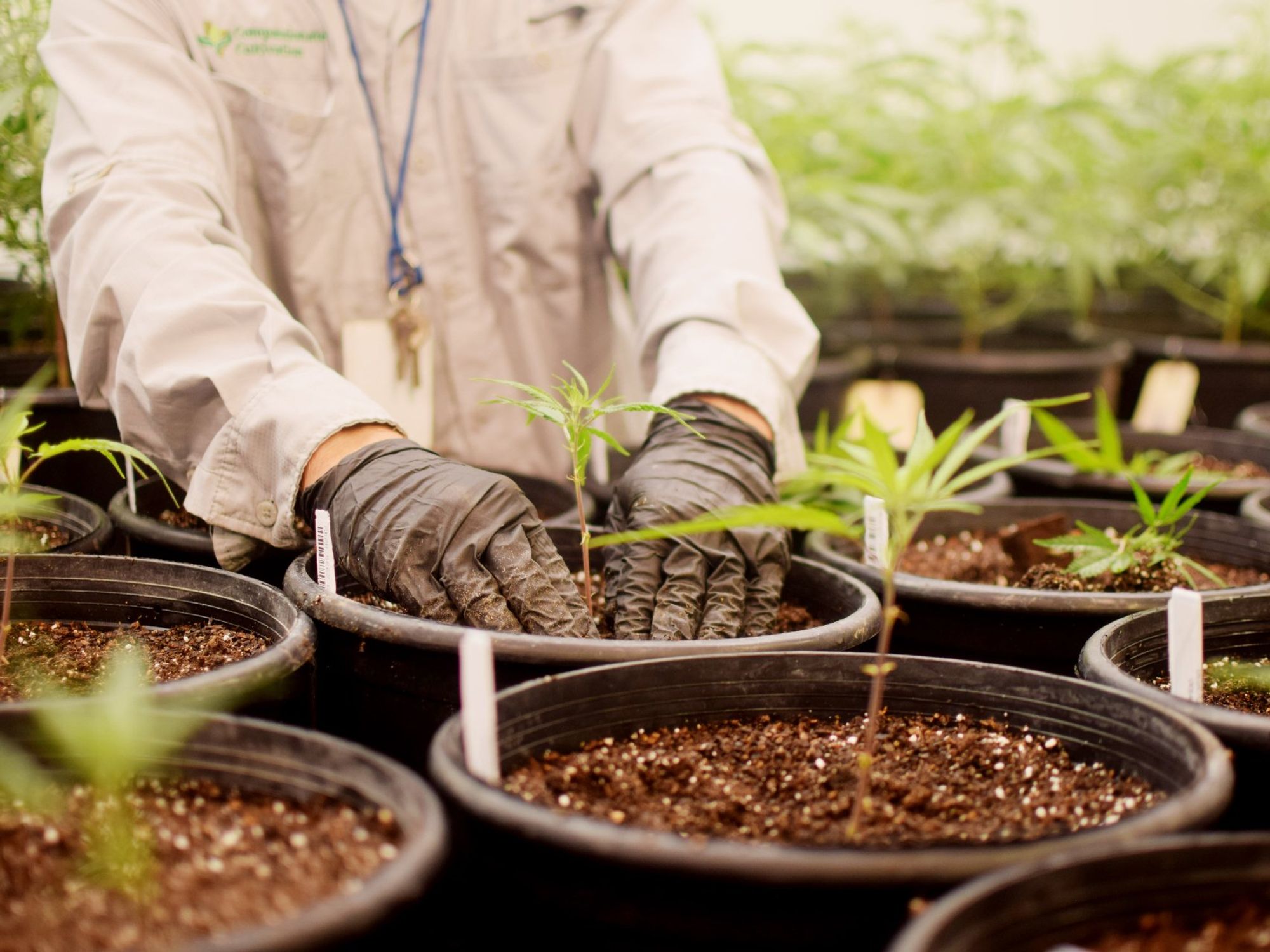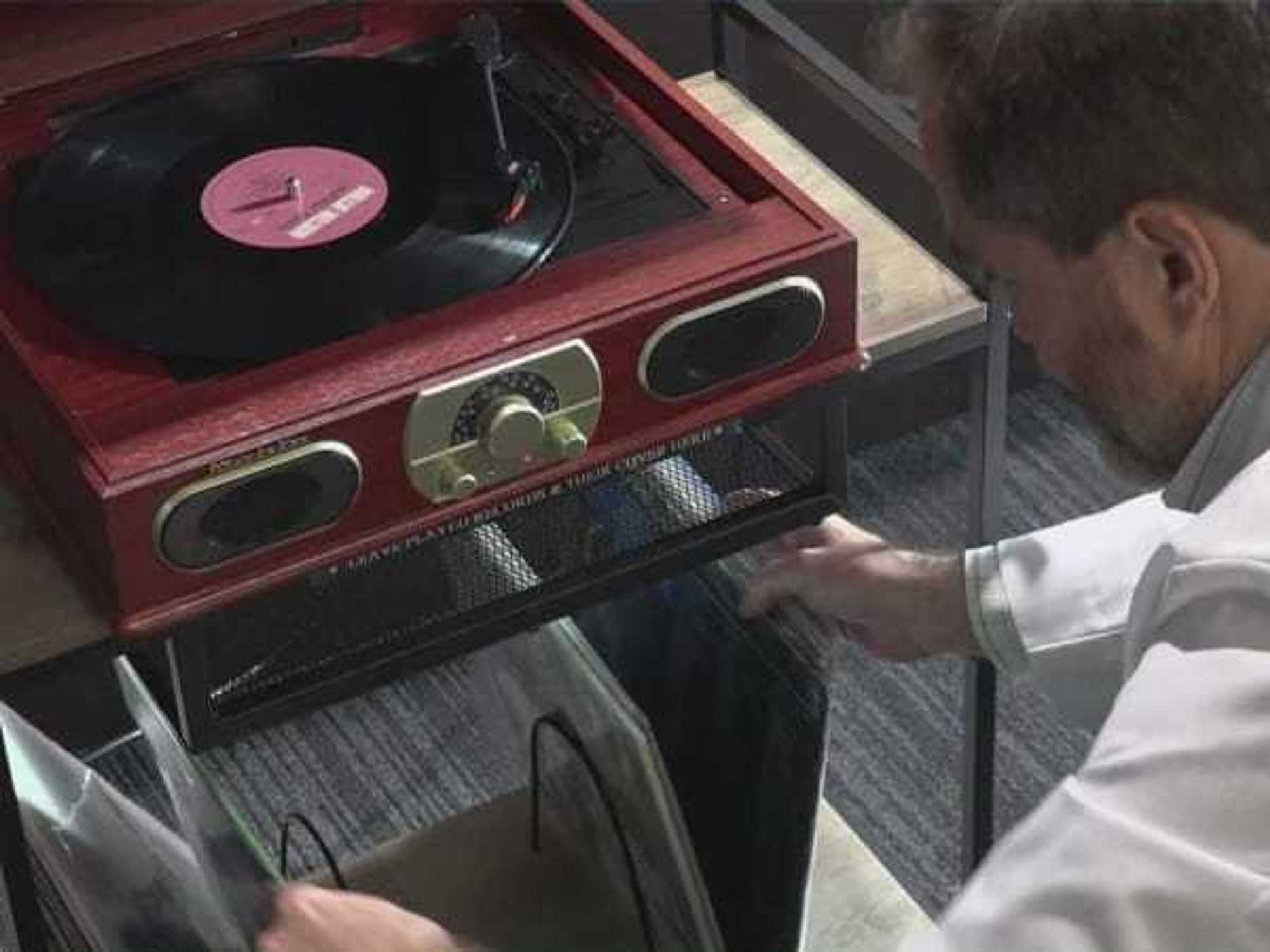PUTTING THE THC IN HEALTHCARE
Austin cannabis company aims higher for first gummy with 30 mg of THC in Texas

Texas Original will welcome a new cultivation facility in 2024.
In the United States, the public perception of cannabis use has come a long way. Throughout the 20th century, much of the cultural conversation has been defined by bluster — from the histrionics of ‘30s propaganda films like Reefer Madness to the lunatic PSAs of the ‘80s and ‘90s.
Lost in that conversation was the growing number of people who turned to cannabis to manage chronic pain or severe nausea — uses that predate the plant’s popularity as an intoxicant. Thanks to the work of companies like Texas Original, relief is no longer a back-alley proposition.
The Austin-based company — the state’s first and largest medical cannabis provider — was founded in 2017 in the wake of the 2015 passage of Texas’ Compassionate Use Act. Since then, it has evangelized the myriad uses of the much-maligned plant.
“When the Compassionate Use Act passed in 2015, we saw a very important opportunity to bring life-changing cannabis medicine to Texas," CEO Nico Richardson tells CultureMap. “As the only medical cannabis provider headquartered in Texas, we take great pride in our commitment to making cannabis medicine more accessible to Texans.”
Texas Original has served more than 40,000 patients in its brief six years but doesn’t intend to rest on its laurels. To celebrate its sixth anniversary, it launched its first high-dosage edible, a blueberry lemonade gummy with 30 mg of THC, designed to alleviate pain, muscle spasms, and nausea. The gummy allows for sublingual absorption of THC, creating a faster onset of relief than a pill.
It is also uncommonly strong; Google searches turn up out-of-state products, and Texas Original says this is the first gummy containing its dosage in the state.
Texas Original is expanding its distribution network, too. Recently, it added pick-up locations in North Austin, Plano, Hurst, and The Woodlands. A new, state-of-the-art cultivation center is expected to be running in Bastrop by 2024.
Richardson says the mission of making medical cannabis safely available to all who need it is not yet complete. He notes that Texas is the largest state without a fully open medical cannabis system.
“The most important change we need to see in Texas is the expansion of the medical cannabis program,” Richardson continues. “Right now, thousands of Texans, including our veterans, are excluded from medical treatment because chronic pain is not a qualifying condition under the Compassionate Use Program. These patients are forced to choose between addictive, potentially lethal opioid medications, or unregulated hemp products for pain relief.”
Richardson says much of the hysteria around cannabis use has dissipated as families have seen the first-hand benefits in treating conditions such as epilepsy and Alzheimer’s disease. Nonetheless, the stigma still exists among some policymakers. While medical cannabis still garners controversy, a loophole in the Farm Bill allows customers unfettered access to intoxicating products containing compounds like Delta-8.
“The stigma that remains surrounding medical cannabis in some corners has prevented patients who need a safe medicine from accessing it,” says Richardson, “but intoxicating hemp products are showing up in Texas schools, with virtually no product safety regulations, because lawmakers haven’t closed the loophole allowing minors to purchase them.”
Though that double standard is no doubt frustrating, Richardson does see the medical cannabis conversation heading in the right direction.
“At the federal level, there is a high probability that cannabis will be rescheduled from schedule I to schedule III under the Controlled Substances Act in the near future,” he says. “Rescheduling cannabis would be a recognition by the federal government that cannabis has important medical applications: a fact that has already been widely accepted by the vast majority of U.S. states.”
